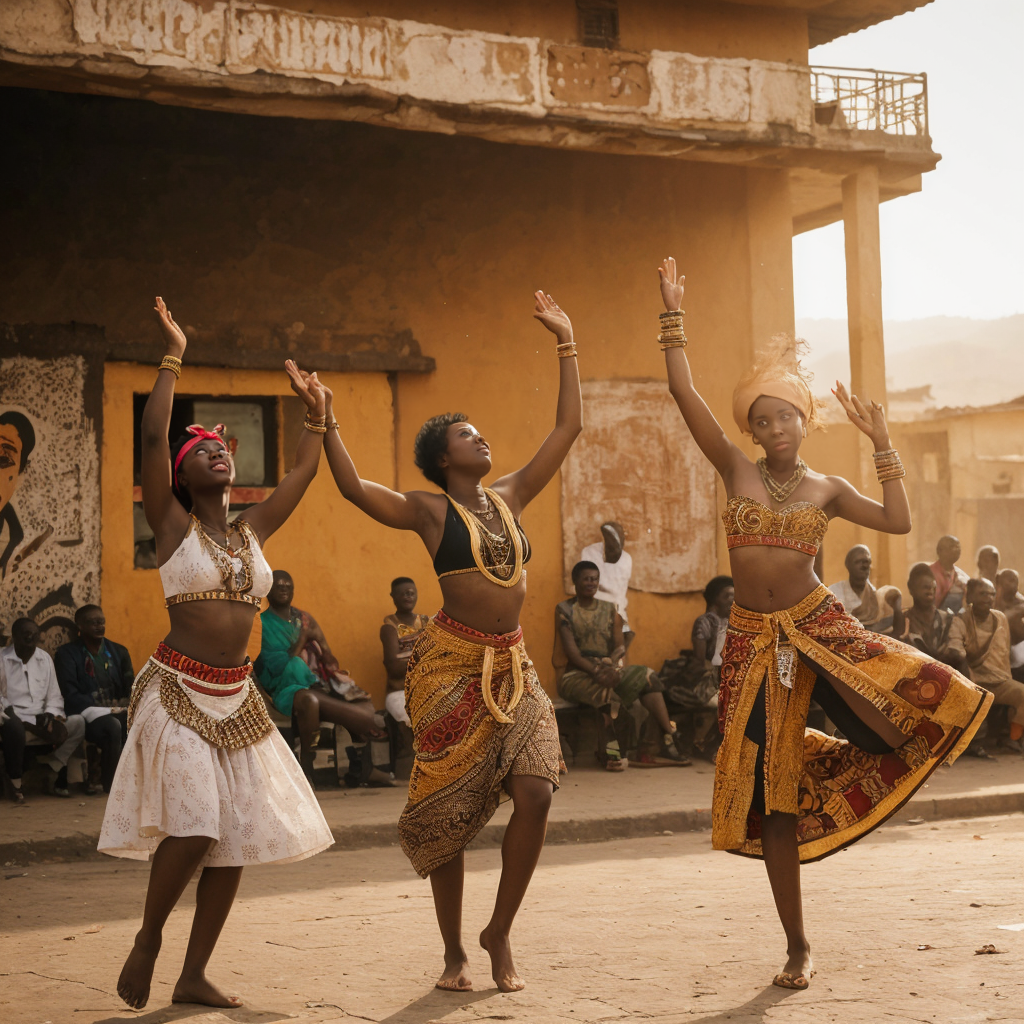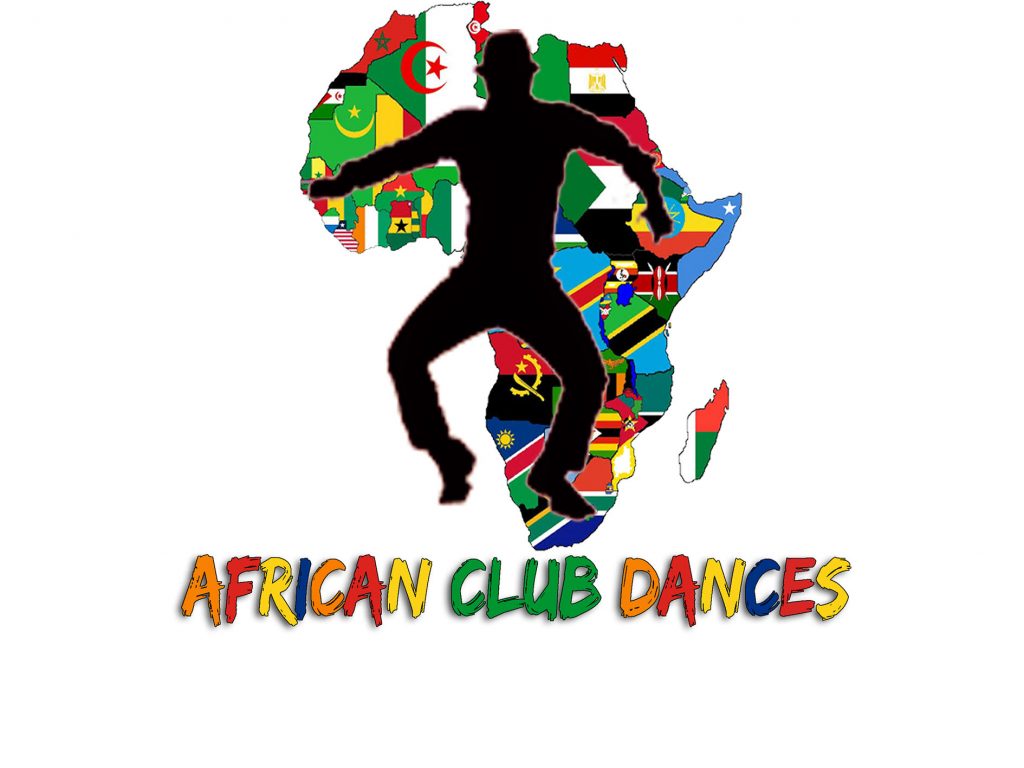Afrobeats History
Afrobeats is a dynamic and diverse genre of music that has its roots in West Africa, particularly in Nigeria and Ghana. Emerging in the early 21st century, Afrobeats is a fusion of traditional African music styles, such as highlife and juju, with elements of American funk, jazz, and soul, creating a vibrant amalgamation of sounds that is both uniquely African and universally appealing. The term “Afrobeats” (plural and distinct from Fela Kuti’s “Afrobeat” without the ‘s’) broadly encompasses a wide range of music that incorporates African musical instruments, rhythms, and languages with global music production techniques.
Fun Fact: The term “Afrobeats” was popularized in the early 2010s in the UK and has since been used to describe this contemporary African music genre that defies the singular definition, showcasing the diversity and innovation of modern African sounds.
Afrobeats has significantly impacted the global music scene, with artists like Wizkid, Burna Boy, Davido, Tiwa Savage, and many others gaining international recognition and collaborating with artists from different genres and backgrounds. The genre’s hallmark is its infectious rhythms, danceable beats, and lyrical melodies, often accompanied by vibrant and colorful music videos that celebrate African culture, fashion, and dance. Afrobeats songs frequently address themes such as love, social issues, and the celebration of African identity, resonating with audiences worldwide.

The international success of Afrobeats has not only brought global attention to African artists but has also played a crucial role in the global African diaspora’s cultural identity, serving as a source of pride and connection to their heritage. Major music festivals around the world now feature Afrobeats artists, and the genre has influenced music across various cultures, including collaborations with top international pop, hip-hop, and dance artists.
Trivia: Afrobeats music often incorporates languages such as Pidgin, Yoruba, Igbo, and Twi, among others, making it a polyglot genre that reflects the linguistic diversity of Africa. This aspect adds to the genre’s rich texture and allows for a wide range of expression and storytelling within the music.
As Afrobeats continues to grow and evolve, it signifies more than just a musical trend; it represents a global movement that bridges cultures, celebrates African heritage, and influences the worldwide music landscape. Its ongoing evolution and adoption by artists and audiences around the globe highlight the dynamic nature of music as a tool for cultural expression and connection.
